U.S. Capitol Gets Overrun
As demonstrators gathered at the US Capitol to protest the ongoing conflict in Gaza, the scene echoed with fervor and demands that resonated across the political spectrum. Holding Palestinian flags and signs bearing a mix of messages—from calls for ceasefire to harsh indictments of Israeli Prime Minister Benjamin Netanyahu—the protesters sought to voice their grievances loudly and forcefully.
Amidst the chants and banners, tensions flared with law enforcement, reminiscent of previous disturbances at the Capitol. Police intervened as some demonstrators attempted to escalate their protests, including burning American flags—a symbolic act of defiance that drew strong reactions.
Inside the Capitol, Netanyahu addressed US lawmakers, stressing the importance of steadfast US support in combating Hamas’ aggression. His remarks were met with applause, underscoring a shared commitment to defend against terrorism and uphold stability in the region.
Critics among the protesters, however, condemned what they viewed as excessive US support for Israel, accusing Washington of complicity in alleged human rights violations. Voices from the crowd called for a halt to US aid to Israel, arguing for redirection of funds to domestic priorities like education and healthcare.
The backdrop of escalating tensions in Gaza has strained diplomatic relations and sparked impassioned debate within American political circles. While Netanyahu sought to rally bipartisan support for Israel’s defensive actions, protesters outside condemned what they perceived as an unjust use of military force.
The demonstrations highlighted deep-seated divisions over foreign policy, with some Republican voices emphasizing the need for unwavering support for Israel in the face of Hamas’ aggression. They framed the conflict as a struggle against terrorism and underscored the strategic alliance between the US and Israel as crucial for regional stability and global security.
As the protests unfolded, differing perspectives clashed in a microcosm of broader political discourse, reflecting ongoing debates over America’s role in international conflicts and the complexities of Middle Eastern geopolitics. The event underscored the challenge of balancing humanitarian concerns with strategic alliances in a volatile global landscape.
In conclusion, while protesters voiced legitimate concerns and grievances, proponents of robust US-Israel relations within Republican circles reaffirmed their commitment to standing by Israel’s right to defend itself against terrorist threats—a stance grounded in principles of national security and shared democratic values.

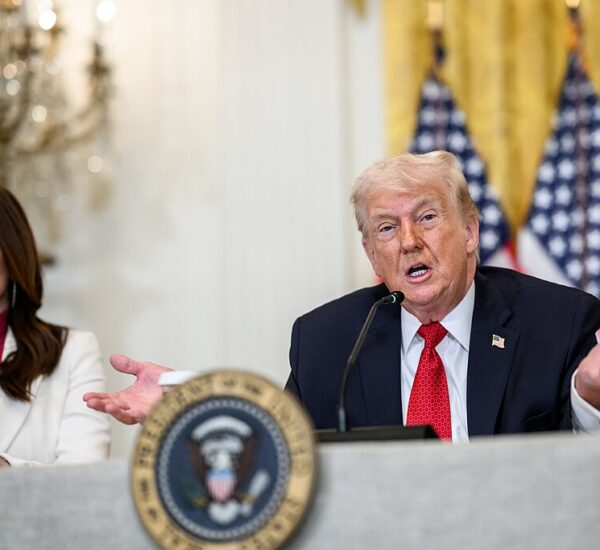

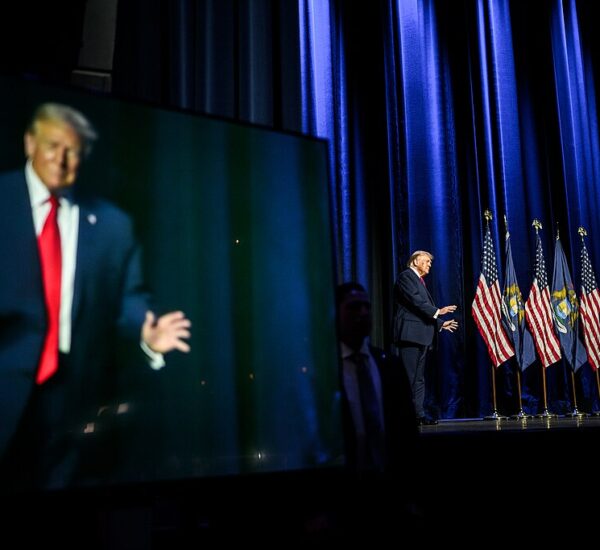
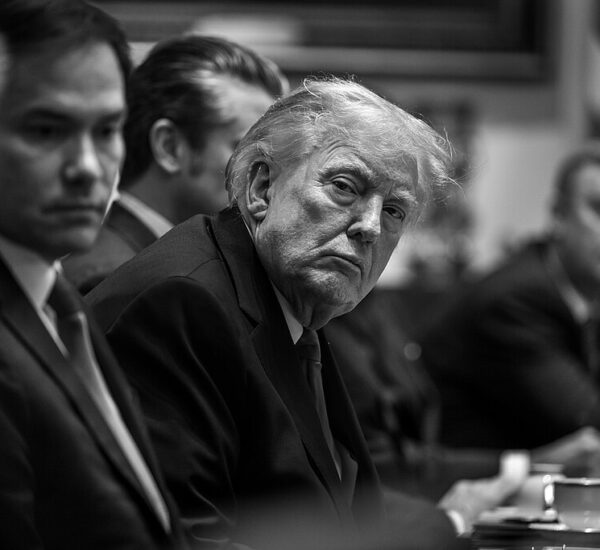
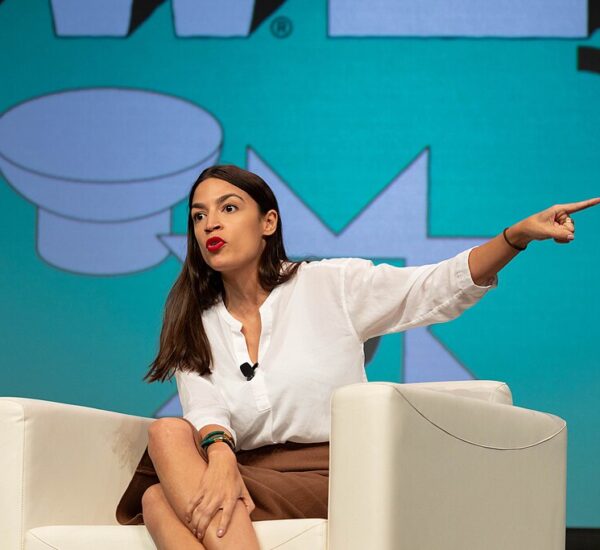
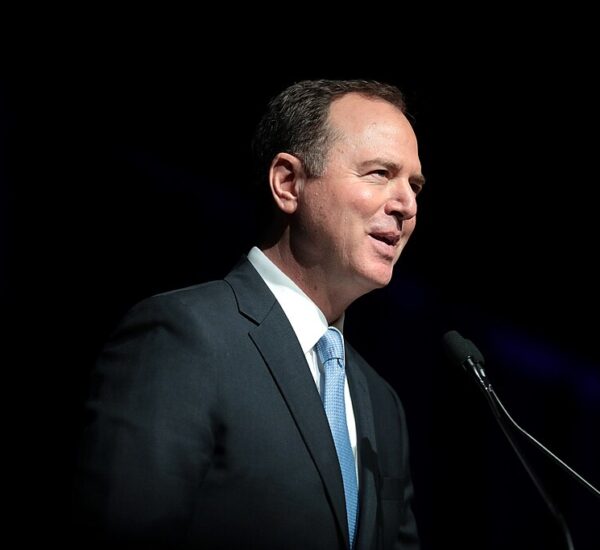
Democrats are the worst animals on earth!
Oh! so it was OK for Biden to run the country with Dementia huh? He is 3 years older than Biden don’t forget that little fact.